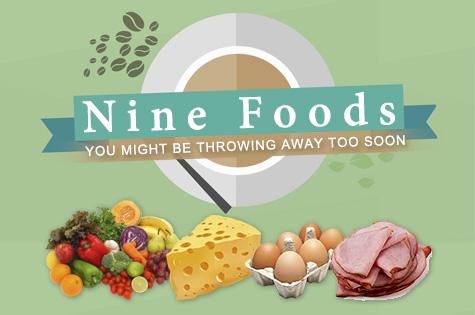The date marked on the cartoon or the tin of food staffs in the groceries doesn’t define the freshness of the food contained therein. Many people get to the point of dilemma between whether to eat already rotting food that’s showing some presence of mold or to starve as they seek some better from the grocery.
According to Dana Gunders; scientist and author, “If you see mold on the pasta sauce and it’s just on the rim, and the sauce tastes fine, it probably won’t hurt you. If something is actually bad, say you had putrid milk, then your body will force gag reflex and will throw up potential toxins, however that will not give you the food poisoning.”
She added that nobody will ever get sick from food poisoning by eating food that’s overstayed past its expiration date. This is because the dates indicated in the food stuffs are for purposes of maintaining the quality control of the products in a company. However, every food has got a point when they start losing their quality after sometime but it’s not necessary that it’s the date indicated on the cover of the food.
Here is a list of nine common foods and their safe days under certain conditions;
Eggs: Fresh, 3–5 weeks; frozen, 12 months
Lunch Meat: Unopened, 2 weeks; open, 3–5 days; frozen, 1–2 months
Milk: More than 1 week past “sell by” date
Bread: Counter, 5-7 days; freezer, 6 months
Peanut Butter: Open, 6 months; unopened, forever
Canned Soup: Open, 1 week; unopened, 5 years
Yogurt: Open, 10 days or more; unopened, 3 weeks
Cheese: Soft cheese, 1–4 weeks; hard cheese, 1–10 months
Fresh Fruit and Veggies: 5–7 days after purchase









 Agree (0)
Agree (0) Disagree (
Disagree (











__small.png)










